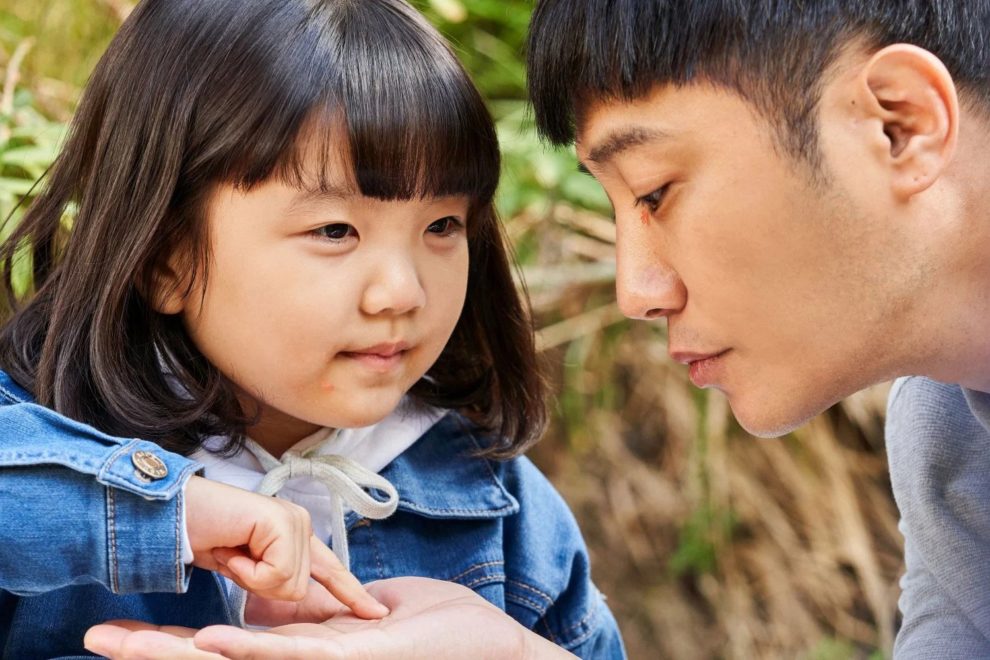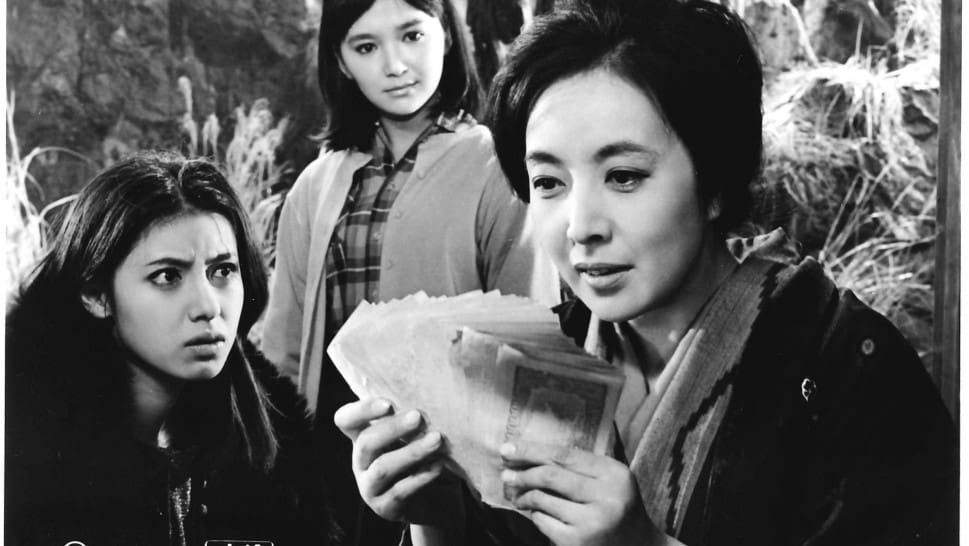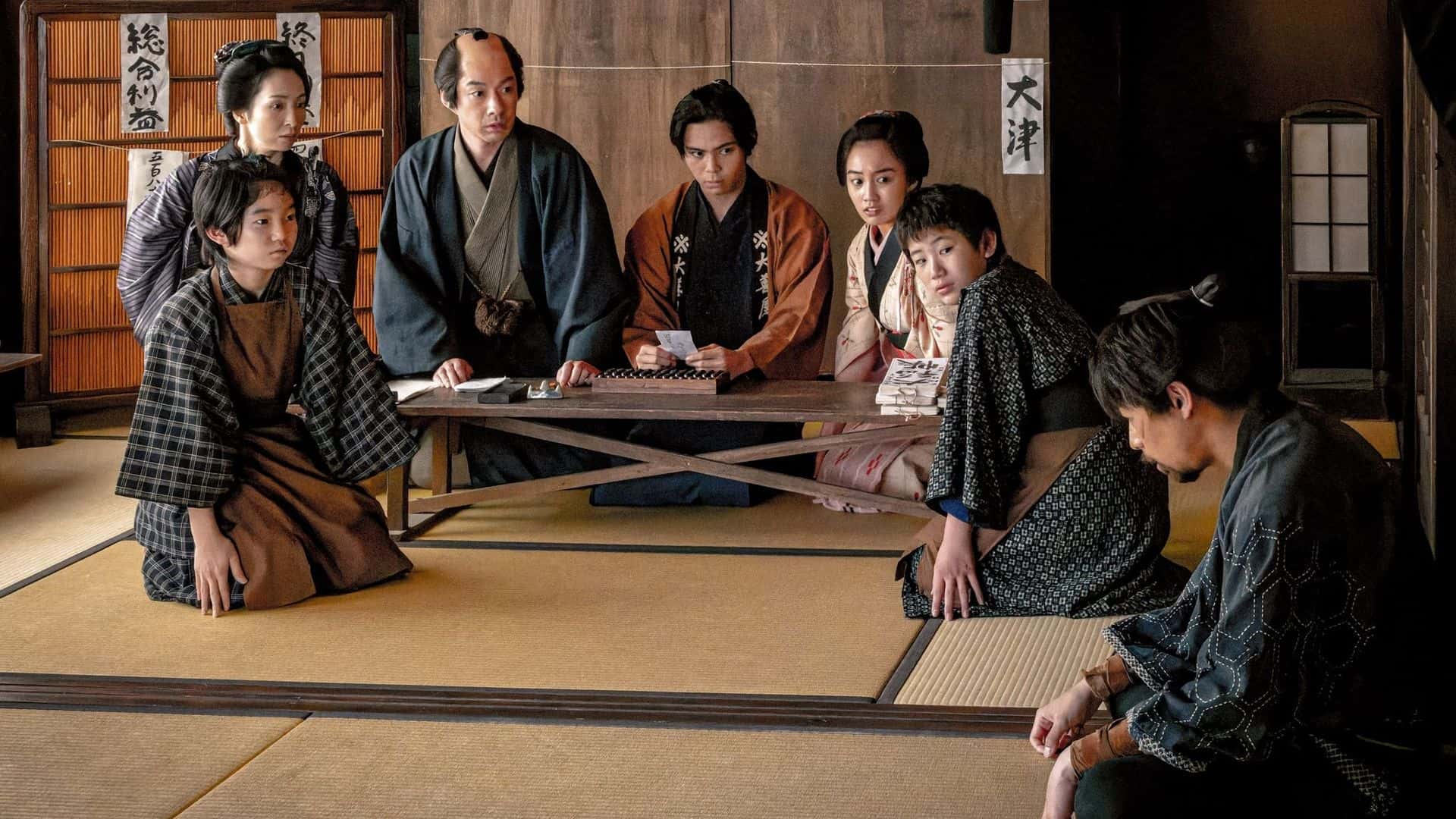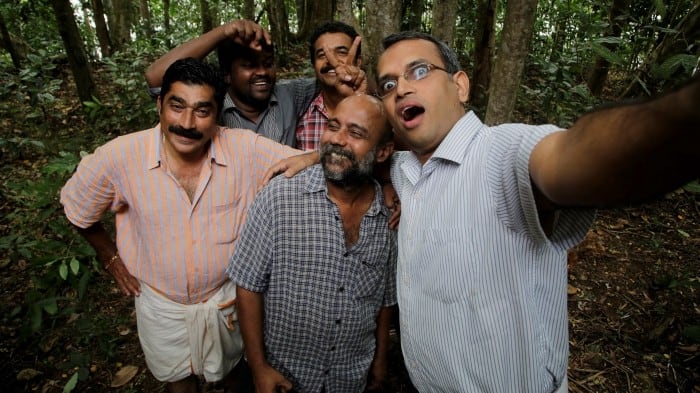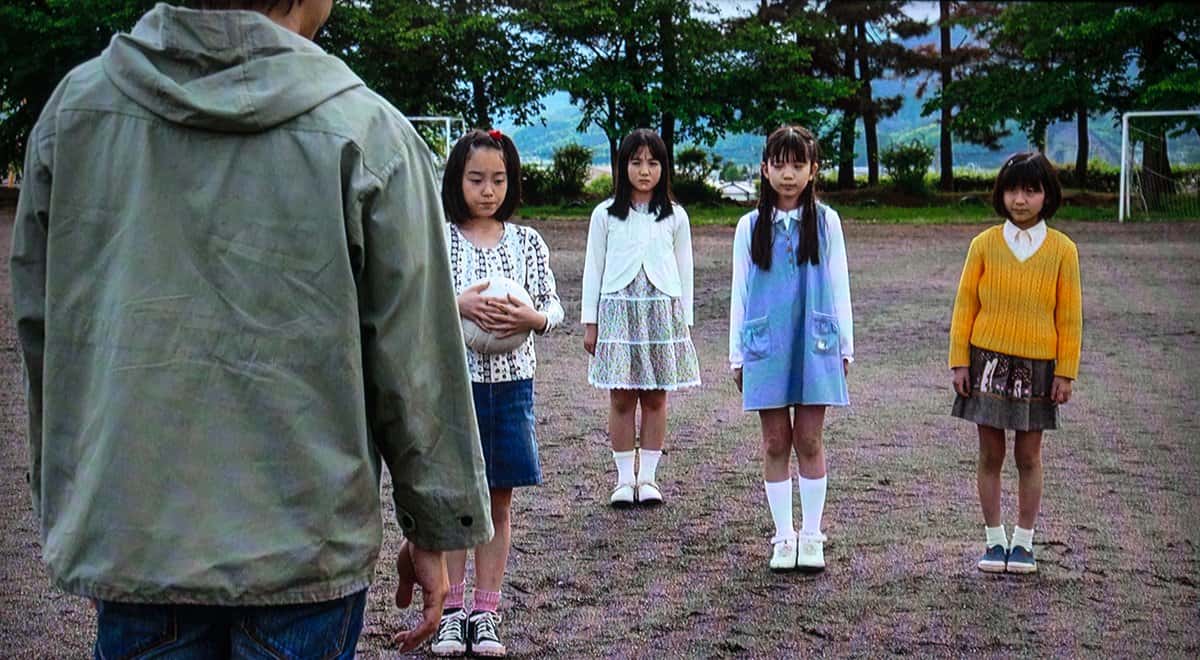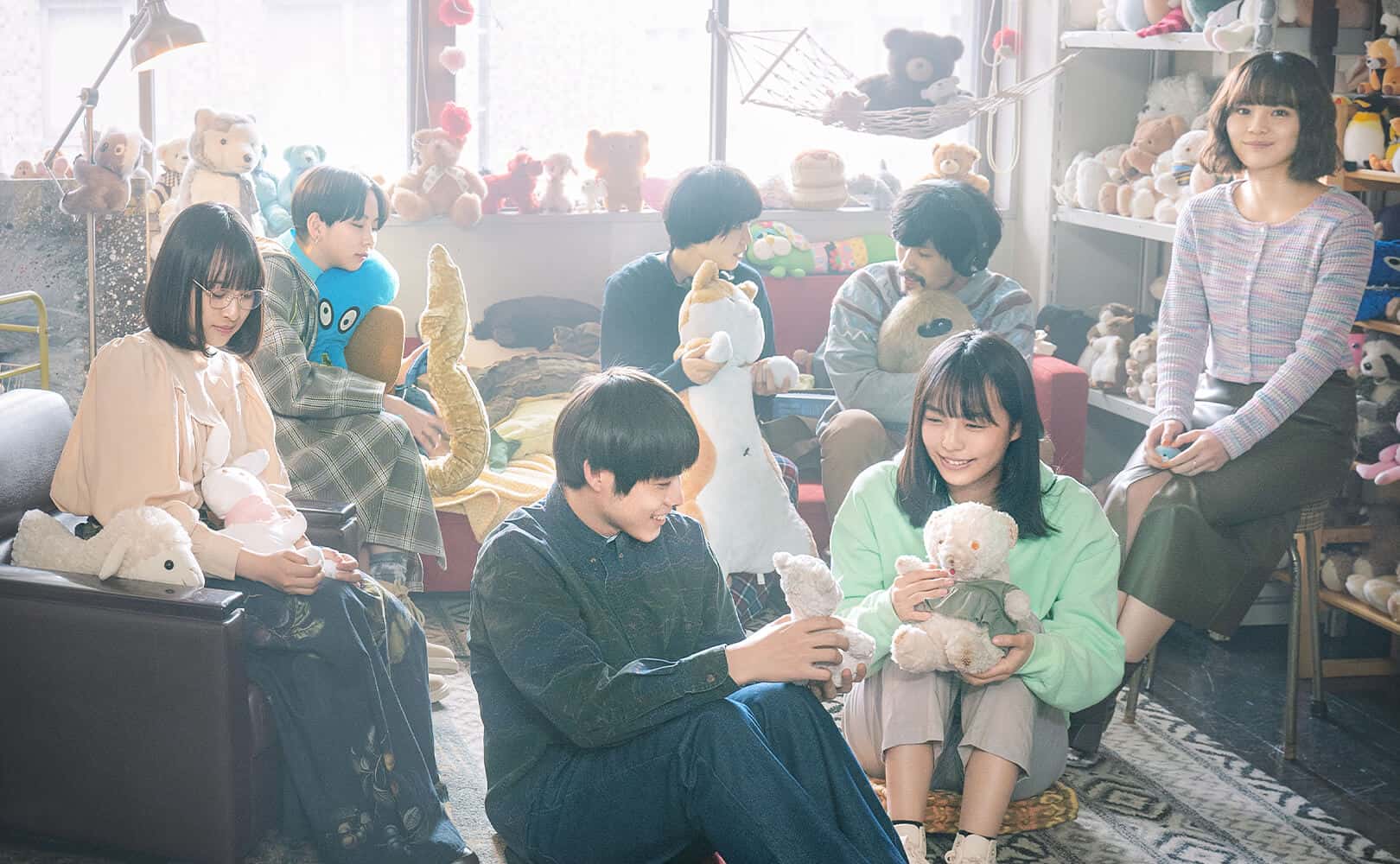The concept of a hard man ending up having to take care of a child that changes him completely is not exactly unusual in cinema, with the recipe having produced a number of truly fun films with “Kindergarten Cop” and Jackie Chan's “The Spy Next Door” being some of the first that come to mind. Lee Chang-won and Kwon Sung-mo present a title in the particular style, which takes, though, a more dramatic path, since the child in this case is a blind-deaf one.
“The Lost Choices” is available from Echelon Studios

Jae-sik is the CEO of Sik Entertainment, an event agency, but his life is not exactly luxurious. He cannot afford an office, operating from his second-hand car, he is alone and in financial trouble, while, as the movie begins, Ji-young, one of the narrator models working for him turns up dead. Jae-sik is worried that his business will plummet even more, so he decides to visit the deceased's apartment. While there, however, he encounters her young daughter, Eun-Hae who can't see, hear and speak, and has been surviving alone since her mother's death, as her father had abandoned both of them some time ago. In an effort to make some money, Jae-Sik targets the deposit of Ji-young's home, pretending to be the girl's father, both to some nosy but caring neighbors, but also to the IRS, whose people eventually arrive to confiscate Ji-young's assets. Gradually, he finds himself being drawn to the little girl, which no one seems able to help, although his professional and financial situation keeps deteriorating.
One of the main purposes of the work of Lee Chang-won and Kwon Sung-mo is to highlight the gap in the caring of children who suffer from both blindness and deafness, since Korean institutions recognize the disabilities only separately, which also means that there are no schools for these children to learn to live with their issues. This aspect actually permeates the movie, with the message in the ending highlighting in all its impact.
Apart from that, “My Lovely Angel” is about how people can change through their interactions with children, with the way the despicable Jae-sik turns into a loving father, who even starts caring intently for his employees, showcasing this aspect in the best fashion. That he has to hit rock bottom first, as the scene where he meets some of his colleagues highlights, is another testament to the level of character analysis here, which is of the highest degree. Furthermore, that the two of them eventually find a way out in the country, where things are calmer than urban settings, and provide an easier environment for people with disabilities to “survive”, provides an alternative solution for dealing with the problems both protagonists face.
Lastly, Lee and Kwon also present a comment about the concept of family, and how sometimes blood relations are not enough to form and retain ones, in contrast to caring for each other, which is showcased as the most crucial element in this kind of relationship.
Apart from context, the movie also thrives due to a number of truly memorable individual scenes. The one where the two protagonists first meet is excellently portrayed, with Jae-sik not realizing Ji-young's issues, essentially treating her like some sort of animal. The way his behavior transforms as time passes is one of the best traits of the film, also owing much to the acting of Jin Goo. The first time she holds him from his jacket, and him eventually giving her his finger to hold on is also excellent, with the same applying to the final one, which does, though, crosses over to melodramatic territories. This, however, is the only sequence that does that, with the two filmmakers retaining a wonderful sense of measure throughout the movie, despite the many opportunities to do the opposite. Expectedly, the film also benefits from Jung Seo-yeon's acting as Eun-hye, who is rather convincing in the rendition of her disabilities, in a truly adorable performance.
Lee Jong-Woo's cinematography captures the various settings with realism and artistry, although his approach emerges as too polished on occasion. The editing results in a relatively fast pace that works well here, but a bit of trimming would definitely benefit the movie.
Despite some small issues here and there, “My Lovely Angel” emerges as an excellent movie that highlights a very important issue while offering entertainment throughout its duration.


